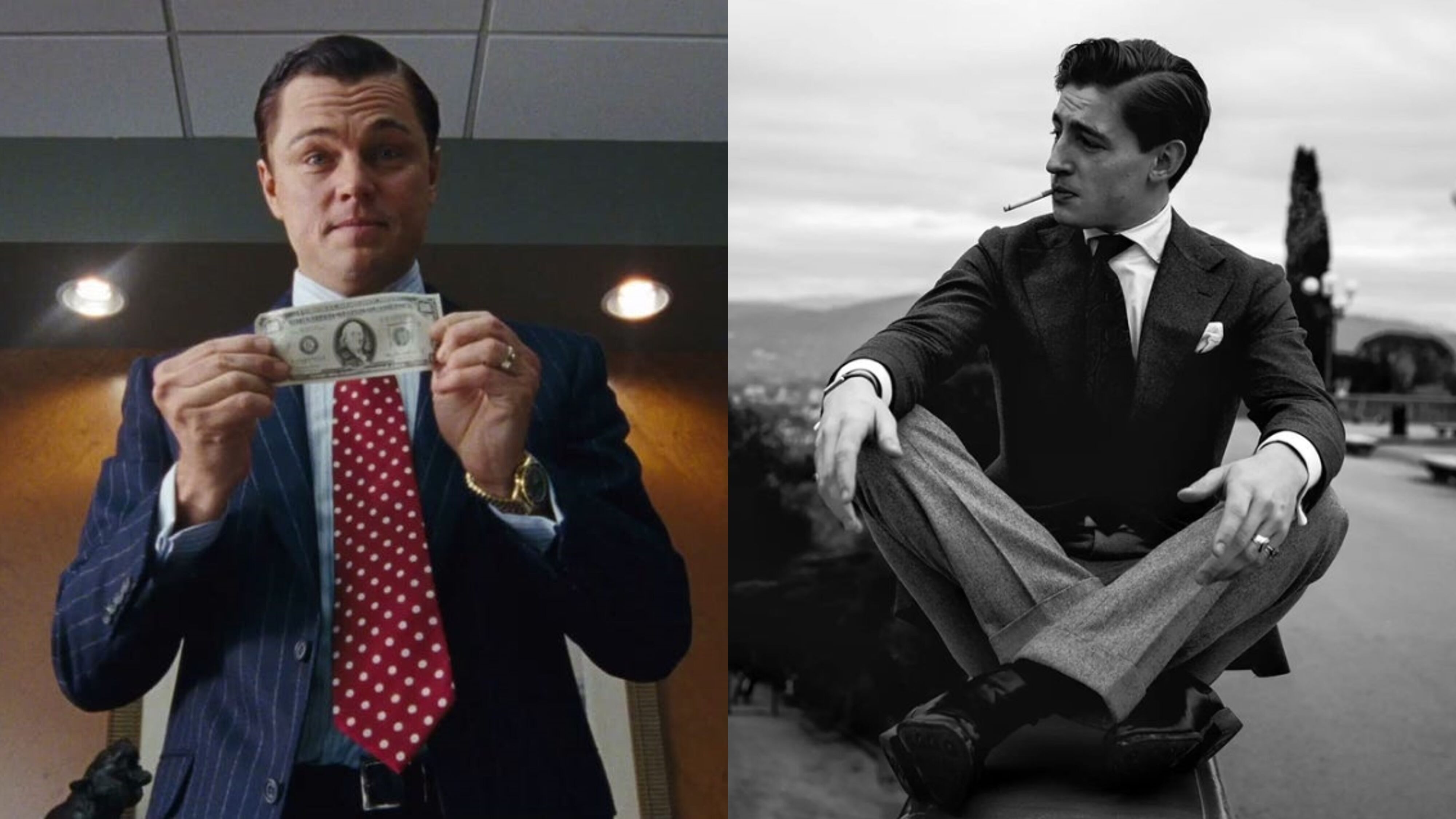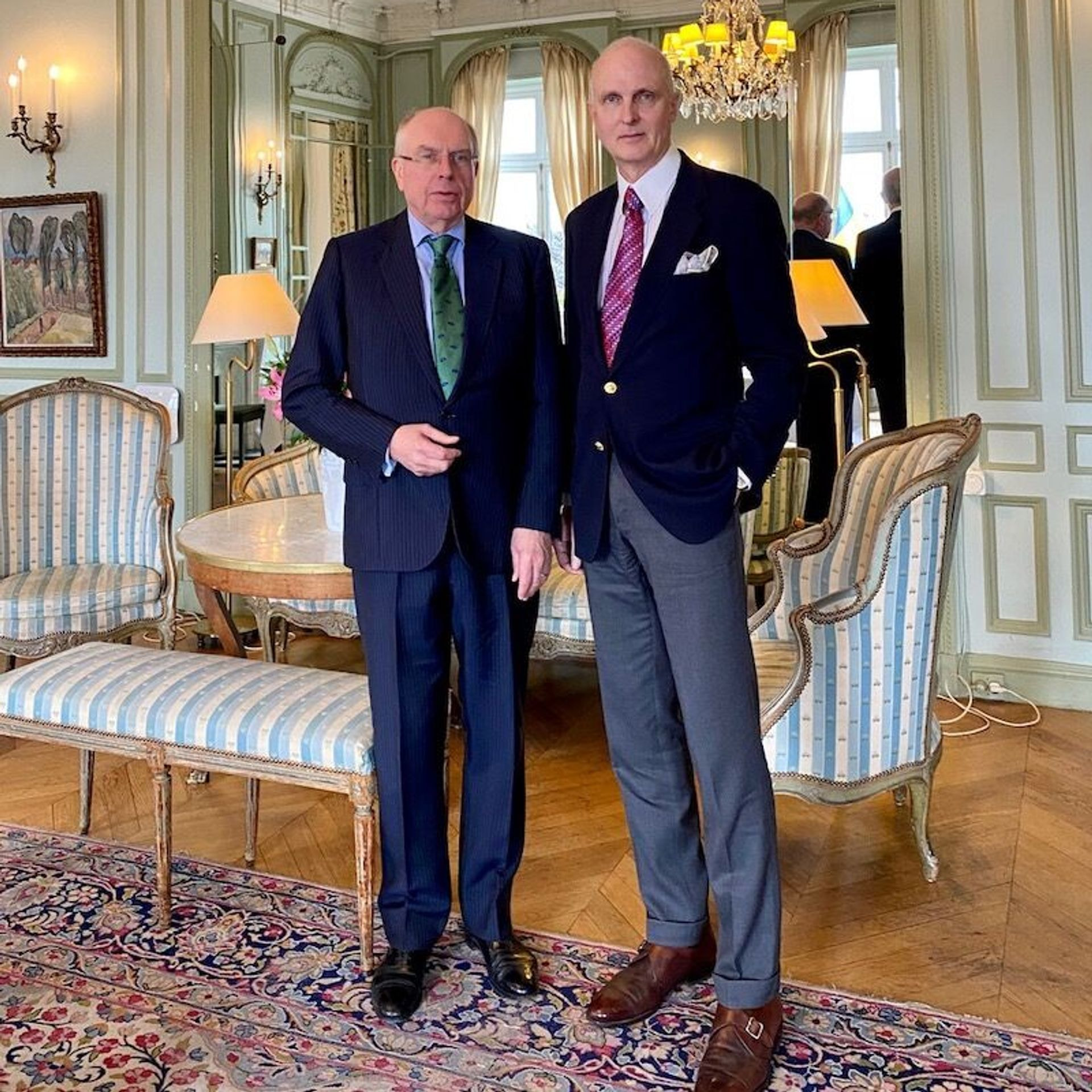I now recognize this difference in past conversations:
1. With the Parisian who said he thought it would be vulgar if he died and left a lot of money in the bank, and thought it best to earn just enough money to ‘live his life’, whatever that means;
2. With the Parisian who said his plan was to live several lifetimes in one lifetime, so he was a tennis pro in his twenties, a photographer in his thirties, and now, in his forties, he has finally applied his education and is a scientist.
3. With the Parisian who lived and worked on a friend’s farm for ten years, then went to work as a journalist in another country before returning to Paris, where she is now behind the counter at a bakery.
This experiential life choice is non-linear, not driven by focused ambition, and, for the American, has several substantial drawbacks. First, it makes people unreliable. They are not motivated by the desire to make money, so, they may show up to clean your apartment on the agreed upon date, or they may not. They may call you to reschedule it, or they may not call you at all. Or ever. Again.
In business, they may want to talk about a movie deal, but after a lengthy conversation in which we all seem to be ‘on the same page’, and ready to move forward, they lose interest and, again, disappear.
After a couple of years of these vaporous, sometimes abrupt interactions, I’ve learned not to take it personally. It’s just the way they are. They’re French.
One glorious exception to this is the service you get in Paris, at all different price levels of hotels, cafes, boutiques, restaurants, farmers markets, pharmacies. These people are on it. They are not engrossed in their cell phones or exasperated because you’ve asked a question about a service or a product instead of just buying it.
They are attentive, responsive, professional, and polite. They not only perform the task at hand; they have anticipated needs you haven’t even thought of. That part I love. The world class service. Quality goods. And, yes, a great experience.
When I return to America and can’t even get a ‘Good morning’ back from the cashier at wherever, I’m ready to get on the Air France plane back to Paris, because from the moment I step up to the ticket counter, people are smiling, happy, and on the ball. But I digress…
Make no mistake, this free, almost libertine attitude toward life and (sometimes) work here in Paris has its charms. It provides fertile soil for a creativity that needs the absence of boundaries, formulas, schedules, or preconceived notions. It makes for great art, some great fashion, and some great philosophy. I sometimes wish I could be that way, hang that loose. I know I don’t take the time to smell the roses often enough. I want to get things done, even in Paris, a veritable dawdler’s paradise.
I watch Parisians–and they’re always Parisians–who have paused a moment, or for 15 minutes–to simply lean on the Pont Sully and look down the Seine. They’re not talking to anyone. They’re not really thinking about anything. They’re not really doing anything at all. I used to think to myself, what are they looking at? Or, are they lost? Or, have they wandered away from their caretaker? None of the above. They’re just Parisians, experiencing the moment. Usually with a cigarette in hand.
Obviously, I’m not the first person to notice this. Victor Hugo, a Frenchman but not a Parisian, was known to have said: To err is human. To loaf is Parisian. But it’s not loafing I’m really talking about, in all honesty. It’s prioritizing the acquisition of experiences over the acquisition of (maybe) things and (probably) money.
It makes this place very different from the UK, especially London, and the US, especially New York and L.A. It makes me weight the exchange value of something against the experiential value of something else.
It might lead to a more thoughtful, well-rounded existence, if I didn’t have so many things to do.



